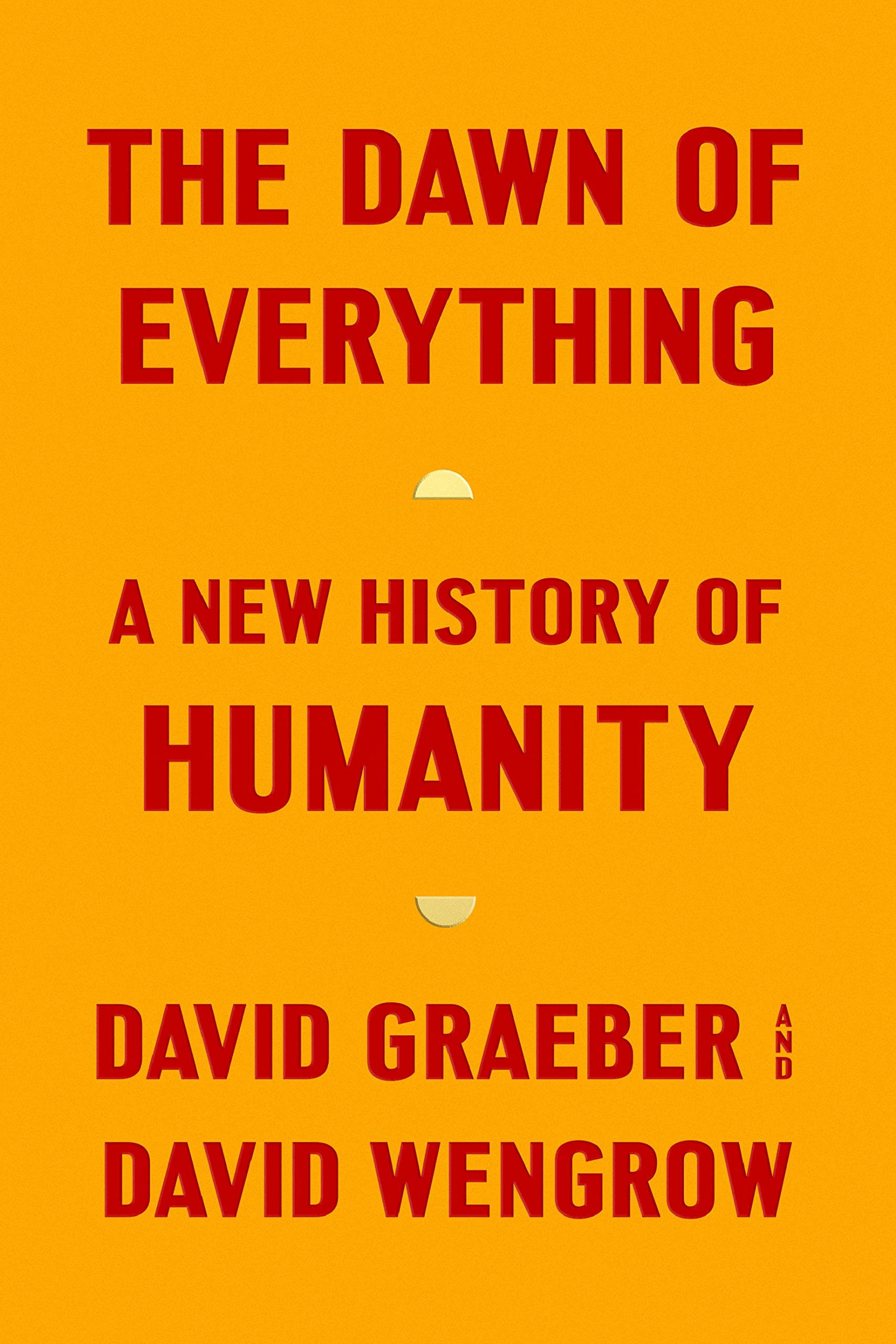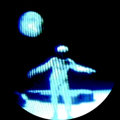Jamin Bogi reviewed The Dawn of Everything by David Graeber
Beyond great.
5 stars
Dream quests. Empires without war. Women leadership. A city centered around hallucinogenic journeys filled with weird architecture. An enlightenment of democratic settlements blossoming from the ruins of a centralized, aggressive kingdom throughout the current USA. Being able to travel across all of North America and find allied clans who must help you, even though you don't share the same language. People groups taking up farming, and then discarding it. The potential origins of private property. Axes of ideas that lead to entrenched arbitrary power, and the multiplicative danger that comes when multiple axes are involved.
The authors do cherry-pick examples from history to support their thesis that people throughout history lived in a wide variety of political structures, and that history is not stuck in a set evolutionary channel, because, well, that's what actually happened. History is much more complicated than most people think, and this means that the …
Dream quests. Empires without war. Women leadership. A city centered around hallucinogenic journeys filled with weird architecture. An enlightenment of democratic settlements blossoming from the ruins of a centralized, aggressive kingdom throughout the current USA. Being able to travel across all of North America and find allied clans who must help you, even though you don't share the same language. People groups taking up farming, and then discarding it. The potential origins of private property. Axes of ideas that lead to entrenched arbitrary power, and the multiplicative danger that comes when multiple axes are involved.
The authors do cherry-pick examples from history to support their thesis that people throughout history lived in a wide variety of political structures, and that history is not stuck in a set evolutionary channel, because, well, that's what actually happened. History is much more complicated than most people think, and this means that the present can be different as well.
I finished the book wanting so much more about how societies can break free from solidified power structures, but that's no criticism of the book. It also has made me much more interested in learning anarchist theory, on various forms of voluntary organization. And, and, I really want to know how an anarchic grouping of people could (could they?) resist a more centralized attacker.
Read this! Your mind will be cracked open, over and over.



